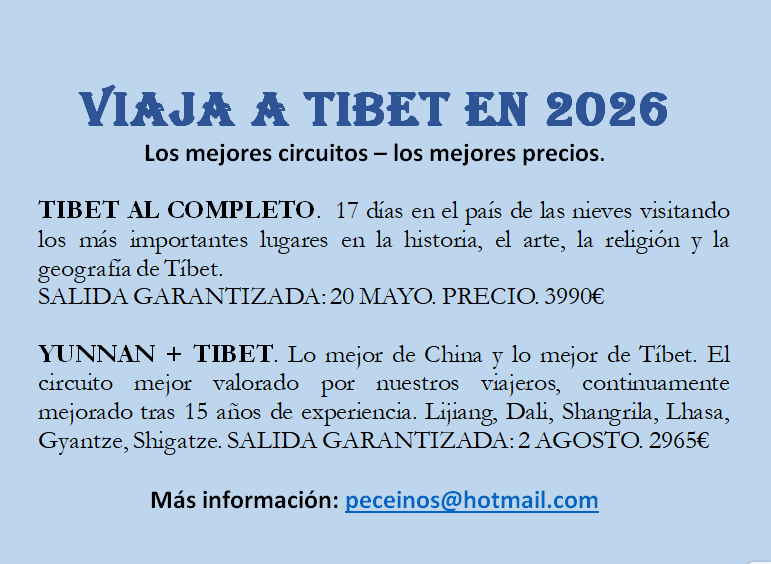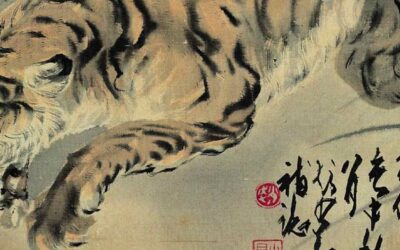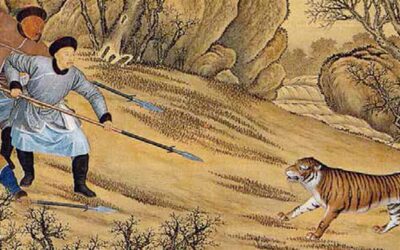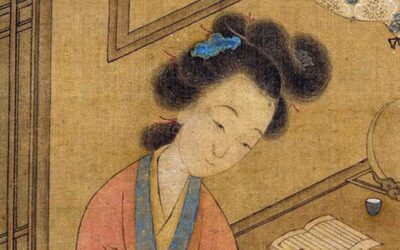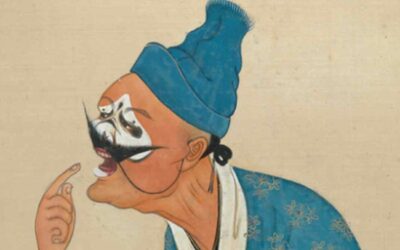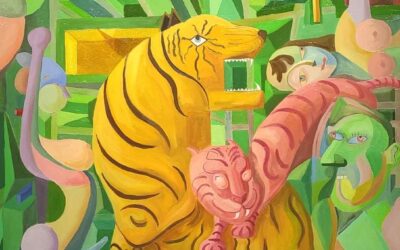The Dong are one of the minorities of China with a large population. According to the census of the year 2000 their population was 3,000,000 people.
They live mainly in Guizhou Province (approximately 1,800,000 people), along a fringe of flat lands that cross the province from north to south. There is also a big Dong population in the southern part of neighboring Hunan Province (about 900,000), and more than 200,000 persons in Guangxi Zhuang Autonomous Region, and a few thousand in Hubei Province (Enshi Prefecture).
The Dong, as do most of the peoples related to them, live near the rivers or in hills generally not of great height. They mainly cultivate rice. They raise domestic animals, especially hens and pigs. The exploitation of the forests, which holds a special spiritual relationship with the Dong, is an activity of economic importance.
They refer to themselves as «Kam.»
It is generally considered that there are two quite different types of Dong, the Dong of the North and the Dong of the South.
There are important linguistic and cultural differences between them. In general those of the north have received more influences from mainstream Chinese culture, while those of the south better conserve the Dong traditions. The typical monuments of the Dong, such as Drum Towers, Bridges of Rain and Wind, and the Temples of the Goddess Mother Sama, are all characteristic of the Dong of the South.
Their language belongs to the Sino-Tibetan family, Dong Dai branch, Zhuang Dong sub-branch. It has two main dialects, understandably called the northern and southern dialects, whose speakers cannot understand each other easily. Each one of these dialects has in turn three clearly differentiated local sub-dialects.
After 1958 an alphabet was invented for their language, but it has not been widely used. Before 1958, they used Chinese characters adapted to their own language.
More posts on China ethnic groups
El gigante, los tigres y un cebo humano
El gigante, los tigres y un cebo humano Xu Shan, un hombre de Guandong (关东), se ganaba la vida desenterrando raíces de (ginseng). Era costumbre que los excavadores de ginseng trabajaran de noche. Un día, tras una noche agotadora, Xu descansó sobre la arena. Cuando se...
El viejo cazador de tigres. Una historia de Ji Xiaolan
El viejo cazador de tigres. Una historia de Ji Xiaolan Cuando mi primo Zhonghan era magistrado del condado de Jingde, hubo un tigre que causó estragos cerca de la ciudad e hirió a varios cazadores que no lograron atraparlo. Los lugareños decían: "Sólo Tang, el hábil...
Wu Zilin y su exploración del ego y el superego en el arte
Wu Zilin y su exploración del ego y el superego en el arte La obra de Wu Zilin se basa en la práctica de la performance artística personal. Su principal enfoque creativo se centra en el ámbito de las acciones realizadas, los restos y huellas de estas acciones, así...
La venta de esposas como último recurso económico en la China Qing
La venta de esposas como último recurso económico en la China Qing Cada día leo cosas nuevas e interesantes sobre la cultura china, cosas que quiero compartir con los lectores de esta web, pero que la mayoría de las veces no lo hago porque mi atención vuela hacia otra...
Las artimañas de Beijing, la capital imperial
Las artimañas de Beijing, la capital imperial Según las describe Ji Xiaolan[1], en uno de sus cuentos que intenta reflejar la vida en China durante el siglo XVIII. Ningún lugar puede igualar a la capital imperial en engaños e imposturas. Una vez compré dieciséis...
Exposición de los nuevos artistas de Yunnan 2023
Exposición de los nuevos artistas de Yunnan 2023 El 21 de junio de 2023, a las 15:00 horas, se inauguró oficialmente en la Biblioteca Provincial de Yunnan la 2ª Exposición Universitaria Art Mew New, una serie de exposiciones de nominación para nuevos artistas de...

